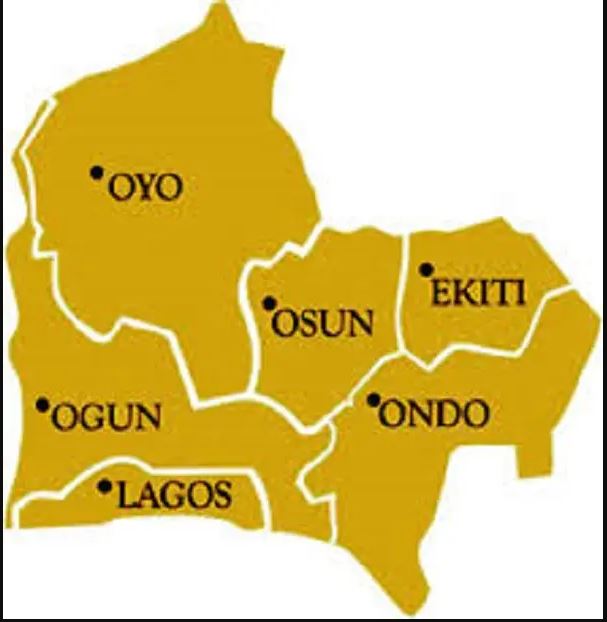The Clamor for Restructuring: South-West Demands in the Constitutional Amendment Process
The ongoing process of amending the 1999 Nigerian constitution has brought to the forefront a series of demands from the South-West region, reflecting a desire for greater autonomy, recognition of traditional institutions, and more equitable representation. At a public hearing held in Lagos, stakeholders voiced their aspirations, ranging from the creation of new states to the empowerment of traditional rulers and the formal recognition of Local Council Development Areas (LCDAs).
Central to the South-West’s demands is the creation of five new states: Ijebu State (from Ogun State), Coastal State (from Ondo State), Igbomina State (from parts of Osun, Ekiti, and Kwara States), Ibadan State (from Oyo State), and New Oyo State (also from Oyo State). Proponents argue that these new states are necessary to address historical imbalances, enhance administrative efficiency, and unlock the economic potential of each region. The proposal to rename Irewole Local Government in Osun State to Ikire Local Government also reflects a desire for nomenclature that better reflects local identity.
Beyond state creation, the South-West is also advocating for constitutional roles for traditional rulers. This long-standing demand seeks to formalize the authority and influence of traditional leaders, recognizing their crucial role in conflict resolution, community development, and the preservation of cultural heritage. While previous attempts to enshrine such roles in the constitution have failed due to lack of support from state assemblies, traditional rulers are renewing their call, emphasizing their commitment to working alongside government for the betterment of the country.
Another pertinent demand is the constitutional recognition of the 37 LCDAs created by the Lagos State government in 2003. The rapid population growth in Lagos necessitates a more localized administrative structure, and proponents argue that the LCDAs, having functioned effectively for over two decades, deserve formal recognition and the accompanying resources to serve their communities adequately. The disparity in the number of local governments between Lagos and other states with similar populations is cited as a justification for this demand, emphasizing the need for equitable representation and resource allocation.
The call for constitutional roles for traditional rulers resonates deeply within the South-West, where traditional institutions hold significant cultural and social weight. The Ooni of Ife, a prominent traditional leader, articulated the desire not for power struggles with the government, but for a collaborative approach to governance where traditional rulers can contribute their wisdom and experience to enhance development and stability. This sentiment is echoed by other traditional leaders who recognize the potential of formalized roles to strengthen their capacity to address local challenges effectively.
Concerns over boundary adjustments and local government designations also feature prominently in the South-West’s demands. The request to excise Orile Oko from Remo North Local Government and merge it with Obafemi-Owode Local Government in Ogun State, as well as the proposed boundary adjustment of Isheri Olofin Mole between Lagos and Ogun State, highlight the importance of clear administrative boundaries in preventing disputes and facilitating effective governance.
The South-West’s demands reflect broader national conversations regarding devolution of power, resource allocation, and the role of traditional institutions in modern governance. The creation of new states is seen by some as a pathway to greater autonomy and more equitable distribution of resources, while others express concerns about the potential for increased administrative costs and fragmentation. Similarly, the debate surrounding constitutional roles for traditional rulers involves balancing the need for modernized governance with the recognition of the enduring influence and wisdom of traditional authorities.
The ongoing constitutional amendment process presents an opportunity for these diverse perspectives to be heard and debated. The National Assembly faces the challenge of balancing competing interests and crafting amendments that address the needs and aspirations of different regions while upholding the principles of unity and stability. The South-West’s active participation in this process demonstrates its commitment to shaping a constitution that reflects its unique history, culture, and vision for the future.


